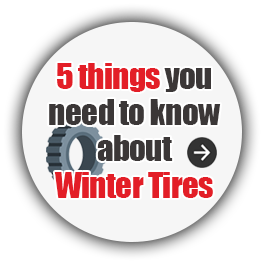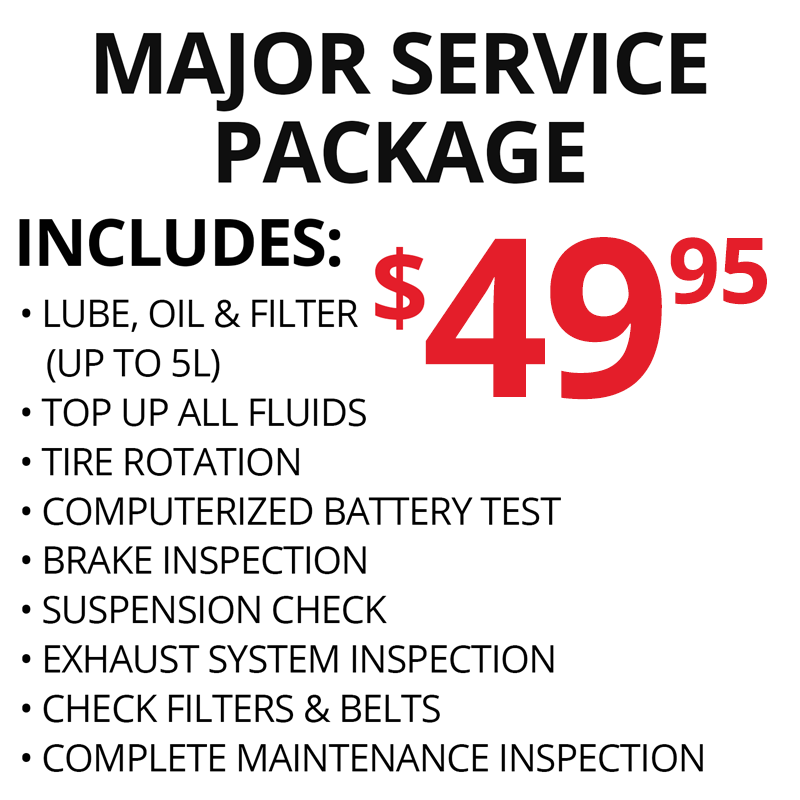Winterize Your Vehicle
As the summer is coming to an end, it's not too early to start thinking about the performance of your car or truck during the upcoming winter.
Today's vehicles are better built to handle the winter conditions, but there are still some basic things owners can do prepare for the colder months.
- Replace or refill fluids - Check all of your vehicle fluid levels like coolants, i.e. the right antifreeze/water mixture to keep fluid from freezing in the radiator. You can also consider using a thinner oil if you're in an area where temperatures go below zero. Wiper fluid, which is often forgotten about, should be freeze resistent so the windshield can be clean and provide a clear view.
- Tire inspection or replacement - Tires that are worn and have low air pressure can be dangerous because of reduced traction when road conditions are wet or slick, so four snow tires vehicle is a sound investment. All season tires are another suitable option that avoids not having to store two sets of tires and rims, but doesn't have advantages of the specialized tire like studs and optimal performance in the snow.
- Cold weather and battery capacity - Don't forget your engine and battery have difficulty with the winter conditions. Have your battery cables checked for any breaks or cracks, that the terminals have a snug fit or loose connections and check the fluids.
- Have an emergency kit packed - This is a good idea. Road flares, a jack, a lug wrench and first aid kit should always be in your vehicle, but it's a good idea to update these items when winter comes along. Update your emergency kit during the colder months with items like a flashlight, blankets, ice scraper, a small shovel, snacks and more.
- Do the regular maintenance - You vehicle needs to be maintained every season, but when it comes to preparing for old man winter have your mechanic take a look. Do all of the above and also look at the hoses, sparkplugs and belts. At the end of the day it can be the difference between a breakdown or getting home.



